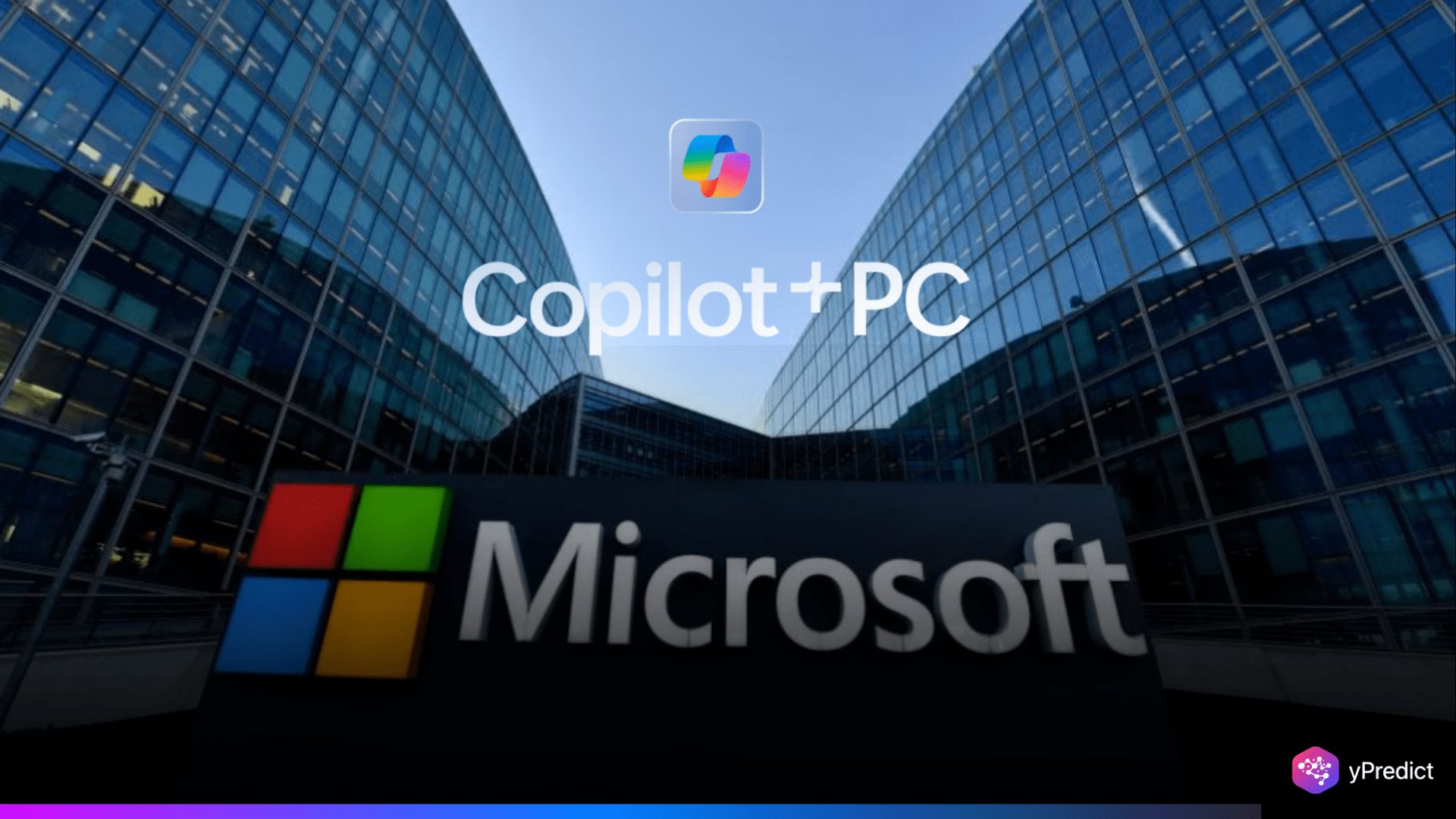
Microsoft has unveiled the “Recall,” a new AI-driven feature in its Copilot+ PCs that maintains an ongoing visual record of what the user does, enabling searchable digital memories. Recall, positioned as a productivity innovation, uses on-device AI to enable users to refer back to earlier interactions, just like a photographic timeline allows.
However, its launch has provoked grave privacy concerns, with critics arguing that it could become the new norm for ongoing digital monitoring in both work and personal life.
A New Frontier for AI on Windows
According to The Indian Express, Microsoft has finally rolled out new AI-powered features for its Copilot+ PCs, including the highly awaited ‘Recall’ feature. The rollout follows months of delays over concerns regarding privacy and data protection, which the company has now resolved with enhanced protections.
The Recall feature operates like a searchable computer memory, keeping a record of what you’ve been doing on the device, whether websites you’ve browsed, data you’ve viewed, or applications you’ve run, and makes it possible to access later, whether by way of natural language input or by navigating a visual timeline.
On-device AI powers this process, which allows users to search using natural language or scroll through a visual timeline to find what they are looking for.
Moreover, Microsoft has included a number of safeguards to protect users’ privacy and security, including biometric authentication via Windows Hello, data encryption, content filtering, and customizable memory settings that give users control over their experience.
In addition to Recall, Microsoft is launching two new AI features: a better Windows Search and ‘Click To Do,’ a task management tool. Certain functions, like text actions in Click To Do, however, are only available on Copilot+ smartphones based on Qualcomm Snapdragon CPUs at the moment.
These new features are available on some Windows 11 PCs, such as those running on Snapdragon, Intel, and AMD processors. Devices based on Snapdragon, specifically, feature top-notch AI performance and battery life of up to 22 hours.
Navjot Virk, the corporate vice president, Windows Experiences, writes that,
Windows has always been the place where computing innovation happens first. This was the case when we introduced Copilot+ PCs last May – the fastest, most intelligent and most secure Windows PCs ever built, and continues today with the general availability (GA) of exclusive AI experiences like Recall (preview), Click To Do (preview) and improved Windows Search across Copilot+ PCs.
Privacy Under the Microscope
Recall is a feature designed to help users easily retrieve closed or misplaced folders, emails, and browser tabs. While praised for its productivity benefits, it raised privacy concerns due to its practice of taking and storing periodic screenshots of user activity, prompting comparisons to spyware.
This led Microsoft to delay the feature and implement security measures, offering it as a beta to gather user feedback before the full release.
The tool takes periodic screenshots, indexing potentially sensitive data, but Microsoft promises users that all data is encrypted and saved locally on the device. While cybersecurity experts remain skeptical, the system does have settings to control what is captured.
Recall, which is integrated with AI capabilities, gives users a quick and safe way to find apps, websites, or documents by allowing them to retrieve previous activity using visual matching or natural language searches.
Conclusion
Microsoft’s Recall has the potential to revolutionize the way that humans interact with computers, but at what expense? As AI performance improves and on-device models become increasingly advanced, the line between assistance and surveillance could get fuzzy.
While Recall brings enormous efficiency improvements, it also generates some very serious ethical issues that must be addressed by Microsoft and policymakers in the future.





